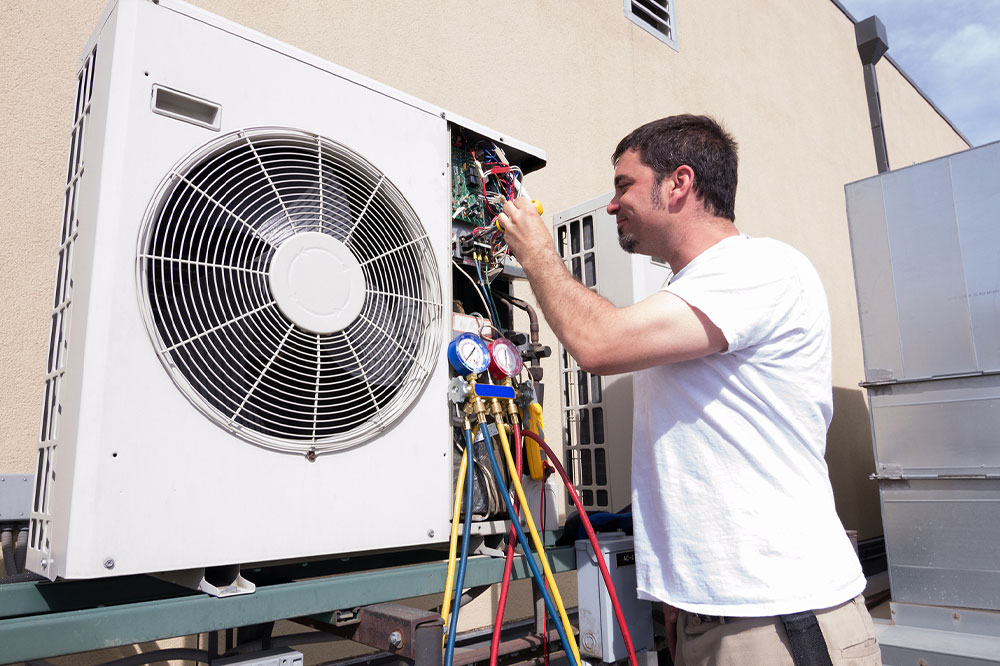7 common mistakes HVAC contractors should avoid

Heating, ventilation, and air conditioning (HVAC) contractors inspect, install, clean, repair, and maintain home systems per client requirements. The growth of HVAC businesses and even independent contractors are determined by customer satisfaction and sound business practices. So, making rookie mistakes while providing installation or clean-up services can result in major setbacks and put one at risk of a lawsuit. So, here are a few mistakes HVAC contractors should avoid:
Ignoring the airflow
Some contractors may attempt to fix the HVAC unit without inspecting the ductwork and determining the pressure, level of cleanliness, flow rate, potential obstructions, and the air quality being pushed through the ducts. Any blockages in the ductwork or problems with ventilation can result in excessive energy costs and health risks like fire. Duct cleaning services can be offered by contractors to ensure that the HVAC system works optimally.
Ignoring combustion safety
For any complaints regarding carbon monoxide, an inexperienced contractor may go straight to the furnace, look for cracks in the heat exchanger, and on finding no issues, simply change the batteries in the CO alarm. Instead of assuming it to be a false alarm, one should first test and understand the back-drafting of combustion appliances. Any temporary patchwork may lead to CO poisoning and other serious complications.
Using a one-size-fits-all approach
A contractor that has worked on numerous HVAC systems might offer identical repairs using outdated methods. While this may occasionally be effective, the construction style is constantly changing. Some walls may be more compact and tight, affecting the installation and system output. One should perform a load assessment when changing HVAC systems or even installing a central heating system, as the wrong size could result in inefficient cooling and heating. Similarly, improperly designed HVAC systems may impact air quality.
Bidding low
While one should not take advantage of a client’s situation, they should avoid quoting incredibly low prices as per industry norms. Low-bidding contractors may be forced to use subpar materials and installation tools and underqualified technicians. As a result, the systems’ quality and performance suffer, future repair costs increase, and customers lose trust in the business.
Overlooking ventilation
Some inexperienced contractors may ignore the ventilation standards set by the American Society of Heating, Refrigeration, and Air Conditioning Engineers (ASHRAE). Most homes with tighter walls require mechanical ventilation, and kitchens and bathrooms require spot ventilation. Measuring airflow, vent hood cleaning, and using the right strategy in the ventilation system are important aspects of HVAC installation.
Exploiting
A crucial business ethic is to view client grievance less as a source of income and more as a problem requiring prompt diagnosis and action. Exploiting a client’s problem may eventually dent one’s reputation.
Failure to see the house as a system
Rookie contractors may only focus on the task at hand and ignore the areas that affect the comfort of the client’s home. Contractors can offer more value by providing complimentary services like insulation and air-sealing, central heat and air installation, and vent hood and duct cleaning services to improve the overall air quality.









